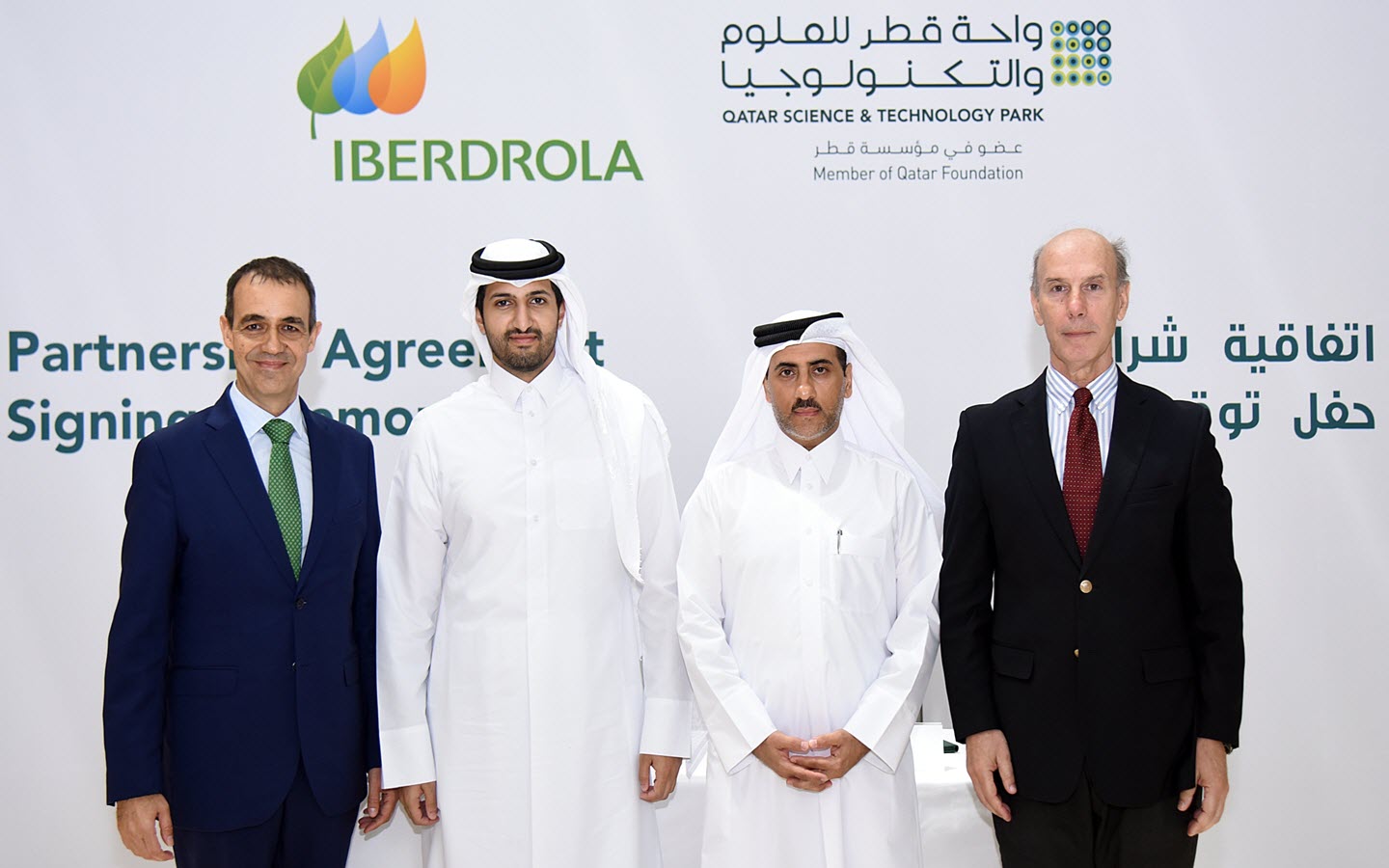
Iberdrola, a world leader in wind power and renewable energy, has long been a strategic partner for Qatar. Qatar Investment Authority (QIA), the country’s sovereign wealth fund, has held a significant stake in the Spanish utility company since 2011. At present, QIA’s stake in Iberdrola is valued at over €3 billion, giving it substantial influence in the company's strategic decisions. The possibility of increasing its stake reflects Qatar’s focus on solidifying its position within Europe’s renewable energy sector.
The partnership between Qatar and Iberdrola has already borne fruit through various ventures and projects, particularly in renewable energy innovations. For instance, both parties have collaborated on key initiatives aimed at integrating smart grids and advancing energy efficiency in Qatar. This strategic relationship, strengthened by a recent collaboration on innovation and technological advancements, highlights Qatar’s ambition to position itself at the forefront of sustainable energy technologies. Iberdrola CEO Ignacio Galán has publicly commended the partnership, noting that it supports the company's ambitious climate goals.
In 2022, Iberdrola and Qatar deepened their alliance with a focus on digital transformation and smart grids. This agreement emphasized the need for technological innovation, especially in renewable energy integration. Qatar’s commitment to this partnership, through its sovereign wealth fund, showcases its determination to lead and support global energy transformation efforts.
An increase in Qatar’s stake in Iberdrola could significantly impact the energy landscape in Europe, where Iberdrola is a dominant player. The company, which already controls significant renewable energy assets across Europe, the U.S., and Latin America, would benefit from additional capital to expand its renewable energy projects. This would also allow Qatar to further diversify its energy investments, moving beyond its traditional focus on liquefied natural gas (LNG) and fossil fuels.
The timing of this potential stake increase is particularly significant. The European energy market is in the midst of a transformation driven by decarbonization goals, energy security concerns, and technological innovations. Iberdrola, with its commitment to achieving carbon neutrality by 2050, is well-positioned to capitalize on these trends. Qatar, by increasing its stake, could play an even more crucial role in shaping the future of Europe’s clean energy landscape.
Experts suggest that any increase in Qatar’s stake would be seen positively by the market, as it would bolster Iberdrola’s financial stability. The Spanish company has been aggressively expanding its clean energy capacity, particularly through its wind and solar power projects. Iberdrola has pledged to invest €150 billion by 2030 in renewable energy, electricity networks, and storage. This ambitious investment plan aligns with Qatar’s long-term vision of investing in sustainable energy and infrastructure.
Furthermore, Qatar’s increasing involvement in Iberdrola may also have geopolitical implications. As the world transitions to cleaner energy, countries rich in fossil fuels like Qatar are keen on maintaining influence in the evolving energy sector. By investing more in renewable energy companies such as Iberdrola, Qatar positions itself as a key player in global energy policy, particularly in Europe, where renewable energy investment is accelerating rapidly.
While details of the potential stake increase remain speculative, industry analysts predict that Qatar could boost its stake by acquiring additional shares or striking new strategic agreements. The broader relationship between Iberdrola and Qatar may also see further collaborative projects in energy innovation, expanding their joint footprint in other regions.
Topics
Gcc
